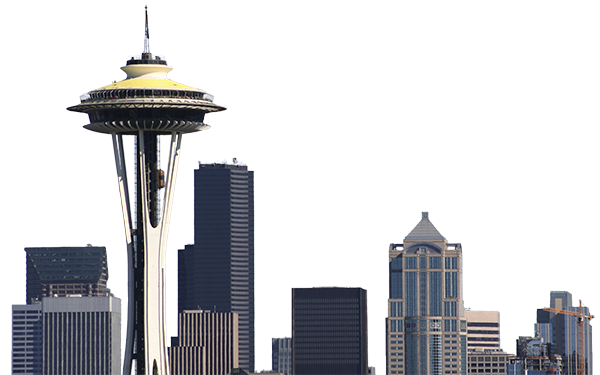Rees: As Washington State Nears Historic Charter School Deadline, Lawmakers Should Choose Wisely

Legislators in the Washington state capitol building in Olympia may notice some extra constituents in their midst this week. That’s because parents and students, in a strong show of civic activism, are showing up at the capitol every single day until the legislature takes action to save the state’s charter public schools.
Washington state is unique in the now 25-year history of the charter school movement. It’s the only state in which voters directly approved charter schools via referendum. Responding to the experiences of dozens of other states that had welcomed charter schools, Washington voters in 2012 directed the legislature to establish up to 40 charter public schools over five years.
Unfortunately, Washington made history again in 2015, when the state Supreme Court nullified the voter-approved law. Citing a century-old precedent defining public schools only as schools run by local school boards, the court stripped charter schools of their funding and effectively tried to define them out of existence.
The timing of the decision, coming just after the start of the school year, was shocking and, quite frankly, deplorable. Suddenly the more than 1,100 students attending public charter schools across the state were thrown into turmoil. Would their schools stay open this year? Would students have to find new schools for next year? Could public charter schools ever become a reality in Washington state?
What’s happened since then has been an ongoing lesson in charter school politics that advocates in other states should take to heart. Despite being a relatively young and small charter movement, schools, families, and advocates forged the Act Now for Washington Students coalition and began punching above their weight. The coalition quickly mobilized supporters and developed a strategy to overturn the court’s decision.
The advocacy campaign was three-pronged. Along with the state attorney general, advocates requested the court to reconsider its decision. At the same time, charter school supporters began lobbying Gov. Jay Inslee to take action and call the legislature back into session to work on an immediate fix. They also launched an effort to gain support from legislators in both parties.
The first responses were not promising. The court let its original decision stand. The governor refused to call the legislature back into session. Yet legislators themselves began to get the message that something needed to be done.
When the legislature returned to Olympia for its regular session in January, the coalition was ready. They began telling real and powerful stories about the difference charter schools were already making in students’ lives. Through the media, they shared personal experiences and data about student achievement and growing demand for charter schools (wait lists already top 1,200 students even amid the turmoil and uncertainty). Leading editorial boards — including at the Seattle Times and the Olympian — voiced strong support. Most importantly, groups of parents, students, teachers, and school leaders made their presence known at the state capitol, appealing to lawmakers face-to-face.
Lawmakers listened and responded. Just a few weeks into the session, senators passed a bill with bipartisan support that would provide a steady, reliable funding stream to keep current charter schools open and allow for growth in communities that want to add new charter schools. House sponsors wrote their own bill along similar lines.
Unfortunately, the momentum has stalled. As we stand less than two weeks from the end of the legislative session, the House has not yet taken action. In fact, last week, as students and parents looked on from the gallery, and more than 500 gathered for a demonstration on the capitol steps, Democrats on the House Education Committee refused to allow the most promising charter school bill to make it to the full House for a vote.
As a result, Washington is on the precipice of again making history in one of two ways. In the optimistic scenario, the House will heed the call of the parents camped on their doorsteps and pass a bill that keeps charter schools open and provides a pathway to more charter schools in the future. If this happens, Washington will become the first state to approve charter schools through both a referendum and legislation overriding a court decision and upholding the will of the voters. That will be a strong political foundation for future growth.
In the worst-case scenario, the House fails to act. Current charter school students will be kept in limbo or even face school closure. The educational opportunities of children will, for the first time in the nation, be limited by a politically motivated Supreme Court that rebuffed the expressed preference of the state’s voters and by a legislature that failed to come to students’ defense to save schools that children need and parents want.
Even with a negative outcome this month, Washington’s charter school supporters would continue to fight. The state’s charter school movement has been put through the fire early and emerged sharper and stronger. The nationwide charter public school movement will continue to thrive as well, even as teachers unions and other charter opponents push back harder than ever.
But as the few states without charter schools get closer to enacting their first charter laws, it becomes clearer and clearer that at some point in the near future every other state in the nation will give its students the option of attending high-quality charter public schools. How odd it would be if Washington state, home to some of the most dynamic and innovative companies in America, and education reform powerhouses such as the Gates Foundation, were to find itself as the only state that refused students and parents that choice.
Get stories like these delivered straight to your inbox. Sign up for The 74 Newsletter

;)
